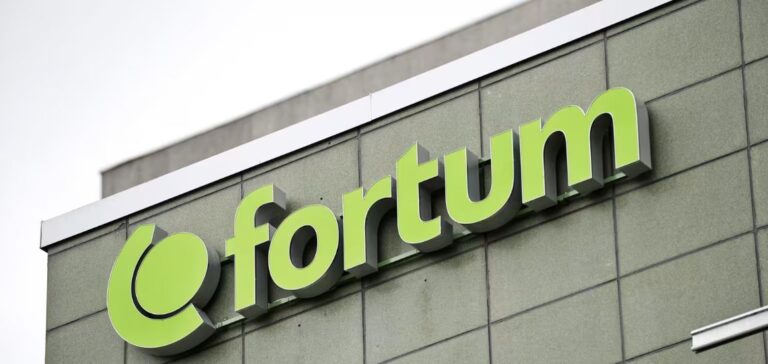Finnish energy company Fortum Oyj has announced the selection of two conventional reactor suppliers and one small modular reactor (SMR) developer for the next phase of its discussions concerning a potential new-build nuclear project in Finland and Sweden. This decision follows the completion of a feasibility study launched in October 2022 to assess the commercial, technological and societal conditions required to add new nuclear capacity in the Nordic countries.
The three selected suppliers are Electricité de France (EDF) with its EPR technology, the Westinghouse-Hyundai consortium offering the AP1000, and GE-Hitachi with the BWRX-300 SMR. Fortum plans to work closely with these technology partners to reduce project risks by focusing on the maturity of the technology, local regulatory requirements and the suppliers’ technical capabilities from the pre-investment phase onwards.
Market conditions remain uncertain
Fortum stated that the feasibility study concluded that, under current electricity market conditions, a nuclear project would not be economically viable without risk-sharing mechanisms. The company highlighted that support frameworks, such as the one currently under development in Sweden, could make such projects feasible, provided there is increased and stable demand from industrial customers.
Electricity consumption in the region is expected to double by 2050 due to the increasing electrification of industries and societies. Fortum maintains that relying solely on intermittent renewable energy sources could lead to volatility in the power system, and views nuclear as a complementary low-carbon production technology for the long term.
Securing the present while planning ahead
In the coming years, Fortum intends to further develop the economic viability of the project, strengthen partnerships and continue discussions with potential customers. The company stresses the importance of regulatory harmonisation and long-term political stability at both national and European Union levels to ensure a favourable investment environment.
The group currently operates the Loviisa nuclear power plant, comprising two VVER-440 pressurised water reactors, in operation since 1977 and 1981. In March, Fortum submitted an application to extend the operation of both reactors until 2050. Simultaneously, the company holds stakes in the Olkiluoto plant in Finland and in the Forsmark and Oskarshamn plants in Sweden, consolidating its presence in the Nordic nuclear market.
Petra Lundström, Executive Vice President of Fortum’s Nuclear Generation division, noted that the next step would be to build a robust business case and explore partnership opportunities for co-development and potential co-investment in a new-build project.






















